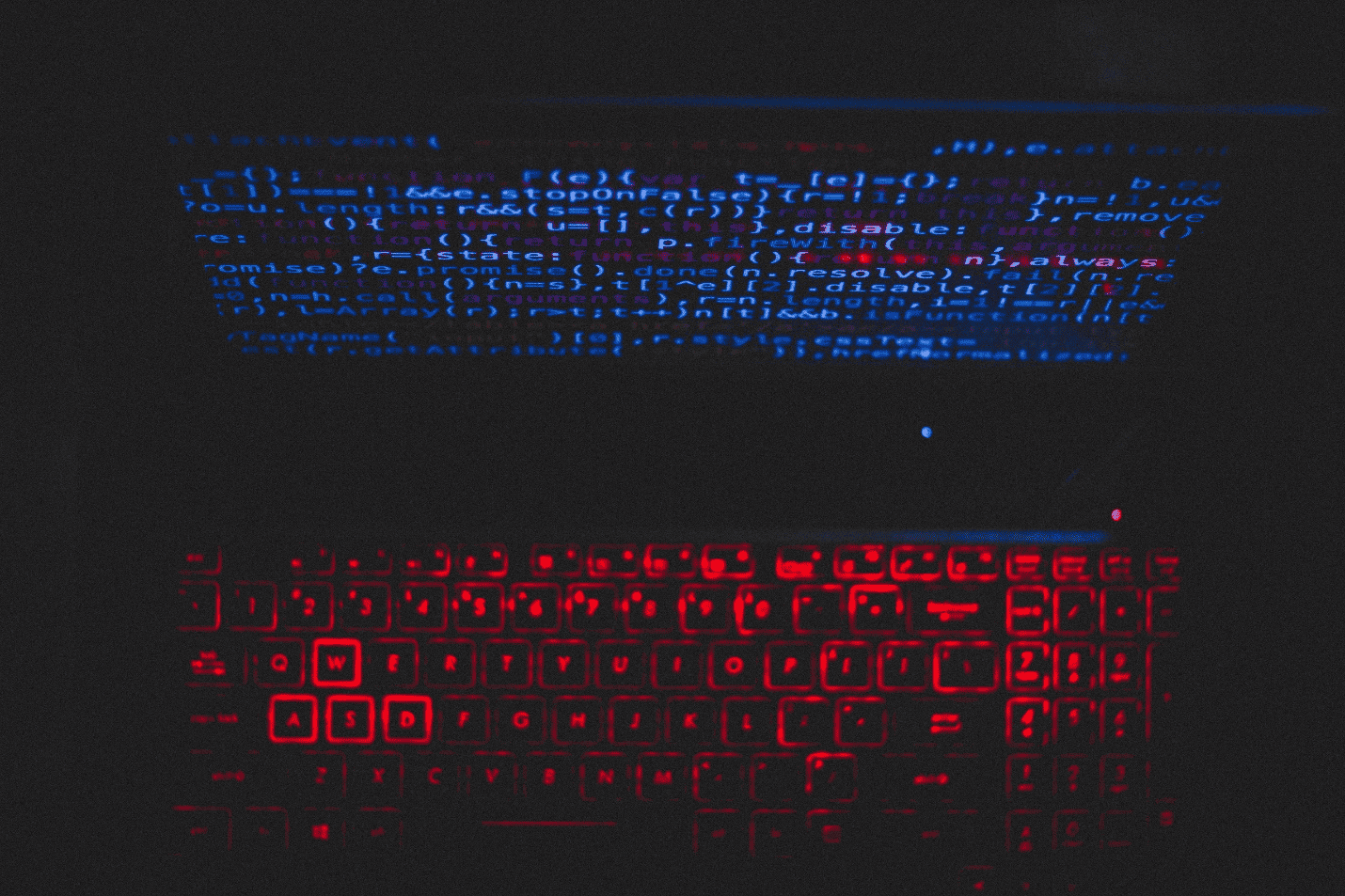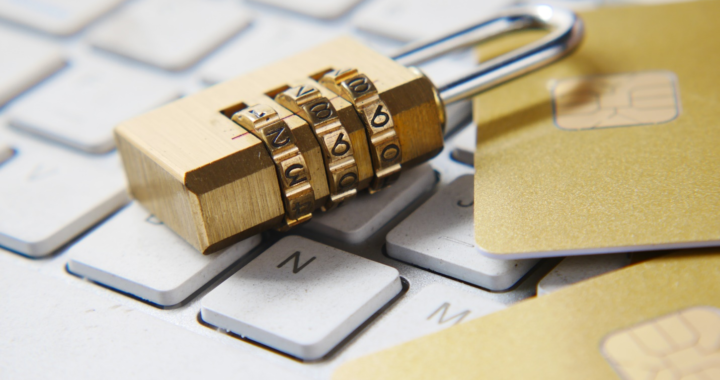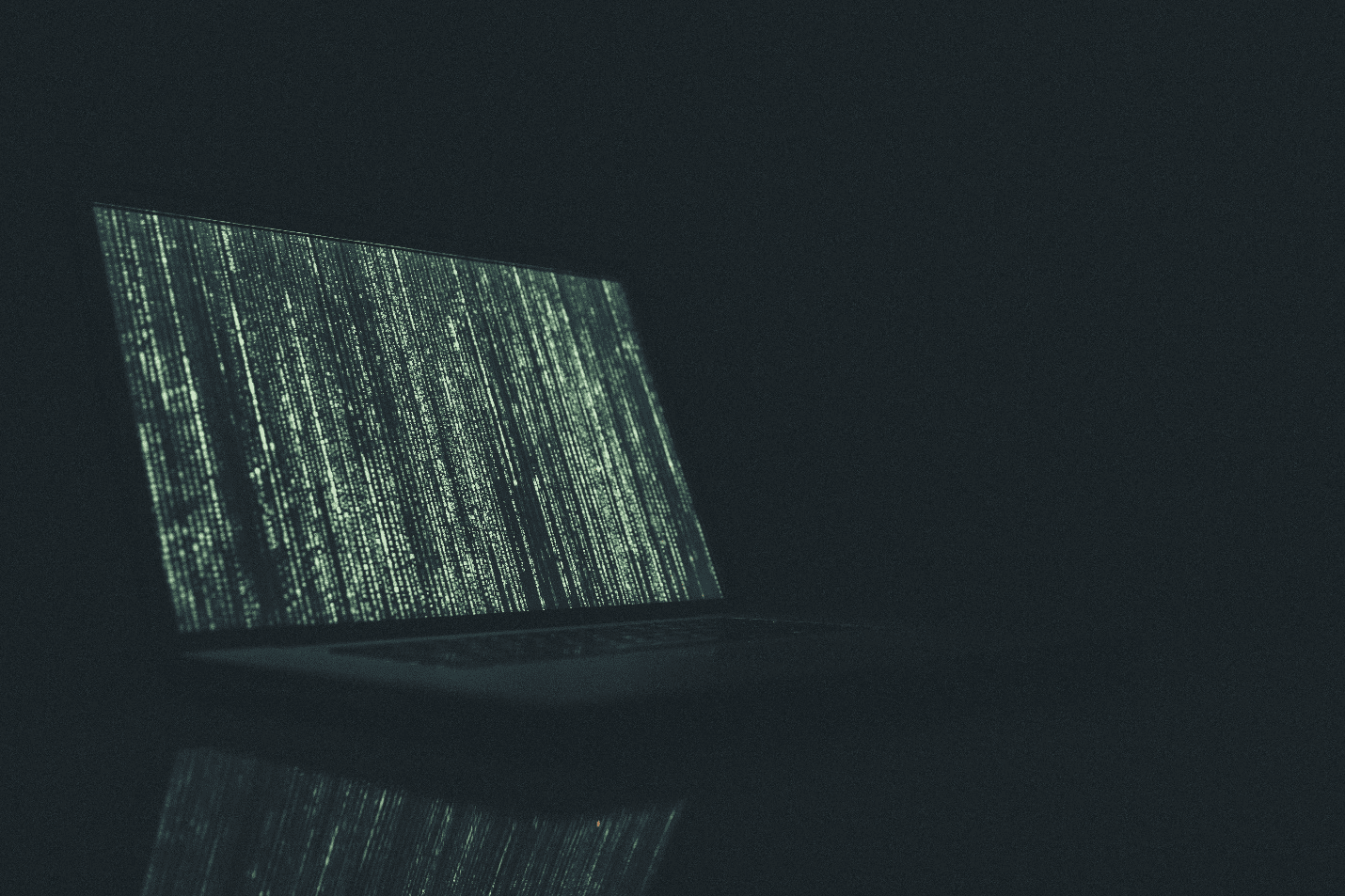In an era where technology has revolutionized the way financial services are conducted, the risk of bank fraud has grown exponentially. The growing threat of bank fraud is a serious concern for both financial institutions and individuals alike.
With criminals becoming increasingly sophisticated in their tactics, the need for advanced investigative methods is more critical than ever. This is where forensic computer analysis steps into the spotlight.
The role of forensic computer analysis in mitigating the risks and consequences of bank fraud cannot be overstated. This multidisciplinary field of digital investigation employs cutting-edge techniques and tools to uncover digital evidence and track the intricate web of cybercriminal activities.
Eclipse Forensics offers forensic computer analysis in Florida. We are digital forensic experts, led by Jim Stafford, offering professional services since 2005. We have earned a great name by working on hundreds of cases through the years.
This piece aims to delve into the world of forensic computer analysis and its indispensable role in addressing the rising wave of bank fraud.
The Evolution and Relevance of Forensic Computer Analysis in Bank Fraud Cases
The relevance of forensic computer analysis has increased with the growing sophistication of cybercriminals. Bank fraud has shifted from physical heists to intricate digital schemes. This evolution underscores the importance of forensic analysis in identifying and countering these modern threats.
Forensic computer analysis has adapted to the changing landscape by continually developing and implementing advanced tools and techniques. These advancements are crucial for addressing increasingly complex bank fraud cases, such as identity theft, unauthorized access, data breaches, and fraudulent transactions. Its role is no longer limited to solving past crimes but also to proactively protecting financial institutions, their assets, and the sensitive information of their clients.
What Are The Types of Bank Fraud Cases Solved with Forensic Computer Analysis?
Forensic computer analysis has been instrumental in solving various types of bank fraud cases by extracting and analyzing digital evidence. In these cases, specific instances demonstrate the pivotal role played by digital artifacts in proving bank fraud:
Specific Cases Where Digital Evidence Played a Crucial Role
1. Phishing Scams:
Bank fraud cases involving phishing scams, where cybercriminals impersonate legitimate entities to steal login credentials, have been successfully addressed with forensic computer analysis. Investigators use digital artifacts, such as email logs and website visit records, to trace the origin of phishing emails and identify the culprits.
2. Account Takeovers:
Bank accounts that are taken over by fraudsters often leave digital footprints. Forensic experts examine login histories, IP addresses, and transaction records to determine how the takeover occurred. This evidence is crucial in identifying the responsible parties.
3. Credit Card Frauds:
Cases of credit card fraud, both online and in physical transactions, rely heavily on digital evidence. Forensic computer analysis is used to trace the misuse of credit card information, whether through compromised online accounts or point-of-sale terminals.

4. Insider Fraud:
In some instances, bank employees or insiders engage in fraudulent activities. Forensic experts examine digital artifacts such as internal communications, access logs, and financial transactions to detect and prove insider fraud.
Why Forensic Computer Analysis Is Vital in Bank Fraud Cases?
Forensic computer analysis, an indispensable component of digital forensics, plays a pivotal role in uncovering and addressing instances of bank fraud. In the realm of financial security, several reasons highlight the significance of forensic computer analysis:
1. Evidence Collection and Preservation:
Forensic computer analysts are experts at collecting, preserving, and documenting electronic evidence from various sources. In bank fraud cases, this evidence can include transaction records, email correspondence, server logs, and digital footprints left by cybercriminals.

2. Tracking the Digital Trail:
Fraudsters often leave behind a trail of digital evidence. Forensic analysts can trace this trail, revealing the actions and tactics used by criminals to access bank accounts, manipulate data, and transfer funds illicitly.
3. Data Recovery and Reconstruction:
In cases where digital data has been deleted or tampered with, forensic computer analysis can facilitate data recovery and reconstruction. This process can unveil the full extent of the fraud, identify the methods employed by the perpetrator, and identify potential security weaknesses.
4. Admissibility in Court:
Digital evidence must meet legal standards to be admissible in court. Forensic computer analysis ensures that evidence is collected and handled according to established protocols, maintaining its integrity and admissibility in legal proceedings.
5. Malware Analysis:
Malware is often used to facilitate bank fraud. Forensic experts specialize in malware analysis, dissecting the code to identify its functionalities, origins, and impacts on a bank’s systems.

6. Criminal Profiling:
By examining digital evidence, forensic analysts can create profiles of the individuals responsible for bank fraud. This includes understanding motives and tactics and potentially even identifying suspects, which can aid law enforcement in their investigations.
7. Expert Witness Testimonies:
Forensic computer analysts can serve as expert witnesses in court, providing essential insights into the evidence they’ve collected and analyzed. Computer forensic expert witnesses’ testimonies can be instrumental in building a case against fraudsters.
8. Vulnerability Assessment:
Forensic analysis often uncovers security vulnerabilities and system weaknesses that were exploited by fraudsters. This knowledge is invaluable for financial institutions looking to shore up their defenses and prevent future breaches.
9. Public Deterrence:
The knowledge that forensic computer analysis is an integral part of investigations serves as a deterrent for potential bank fraudsters. The fear of being tracked and prosecuted dissuades many from attempting these crimes.
10. Resolution and Justice:
Forensic computer analysis is essential for resolving bank fraud cases and ensuring justice is served. By gathering and analyzing digital evidence, law enforcement and legal authorities can bring perpetrators to account and compensate victims.
11. Enhancing Financial Security:
Beyond individual cases, the insights gained from forensic computer analysis can be used to strengthen the overall security of the financial industry. By understanding how bank fraud occurs, institutions can take proactive measures to protect their assets and clients.
What Is The Importance Of Forensic Computer Analysts in Bank Fraud Cases?
The role of certified forensic experts is pivotal in addressing bank fraud cases, where the integrity of digital evidence plays a significant role.
These experts serve as essential contributors to investigations, ensuring that evidence is properly preserved and presented in legal proceedings. Here, we explore their role in depth:
The Importance of Certified Forensic Experts
1. Technical Proficiency:
Certified forensic experts possess extensive knowledge of digital systems, cybersecurity, and forensic techniques. This proficiency allows them to navigate the complex digital landscape of bank fraud cases effectively.

2. Adherence to Standards:
Experts adhere to established standards and best practices in forensic analysis, ensuring that all procedures are conducted following legal and ethical guidelines. Their work withstands scrutiny in court.
3. Unbiased Analysis:
Independent forensic experts provide unbiased analysis, making their findings credible and objective. This impartiality is vital in maintaining the trustworthiness of the evidence.
4. Testimony:
In cases where expert testimony is required, certified forensic experts can provide clear, professional, and persuasive presentations in court. They explain their findings and their relevance to the case, aiding judges and juries in understanding complex technical matters.
What Is The Role Of Forensic Computer Experts In Preserving Digital Evidence Integrity?
1. Evidence Preservation:
Certified forensic experts play a critical role in preserving digital evidence. They ensure that data is collected, stored, and analyzed in a manner that maintains its integrity and authenticity. This is essential in proving the integrity of evidence in court.
2. Chain of Custody:
Experts establish and maintain a chain of custody for digital evidence. This documented record tracks the possession, control, analysis, and transfer of evidence, preventing tampering or contamination.
3. Data Recovery:
In cases where digital evidence may be deleted or encrypted by malicious actors, certified forensic experts use specialized techniques to recover and reconstruct lost data. This is crucial in restoring the evidentiary value of compromised information.
Importance Of Expert Testimonies in Legal Proceedings and Their Impact on Bank Fraud Cases
1. Clarification and Understanding:
Expert testimonies provide clarity to judges and juries regarding the technical aspects of bank fraud cases. This helps legal professionals and the court make informed decisions.
2. Enhanced Credibility:
Expert witnesses’ credibility and authority can significantly impact the outcome of a bank fraud case. Their reputation and professional standing can bolster the legitimacy of evidence and testimony.
3. Impartial Analysis:
Experts present their findings in a neutral and unbiased manner. This impartiality ensures that evidence is considered on its merits, without undue influence from the prosecution or defense.
4. Impact on Verdicts:
Expert testimonies can influence the verdict of a bank fraud case. Their ability to demystify complex digital evidence and reveal the actions of fraudsters can help the court do justice.
Consult The Professional Forensic Computer Analysts At Eclipse Forensics
As the financial world increasingly goes digital, the threat of bank fraud continues to evolve. However, thanks to the relentless efforts of forensic experts and legal professionals, the industry is equipped with the tools and expertise needed to investigate and prosecute financial criminals effectively.
At Eclipse Forensics, we specialize in providing cutting-edge forensic computer analysis services. Our team of experts, led by seasoned professionals, is committed to safeguarding your digital assets and protecting your financial interests.
Whether you’re dealing with the aftermath of a security breach, suspected bank fraud, or any other digital investigation needs, we’re here to assist. Trust in the experts who have been at the forefront of digital forensics services since 2005.
Contact us today to discover how our expertise can help you safeguard your financial integrity.


























